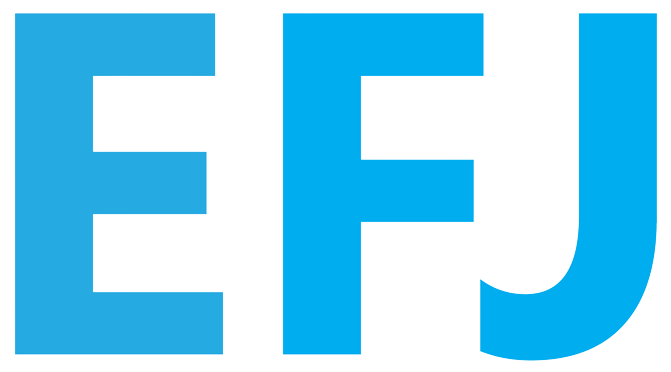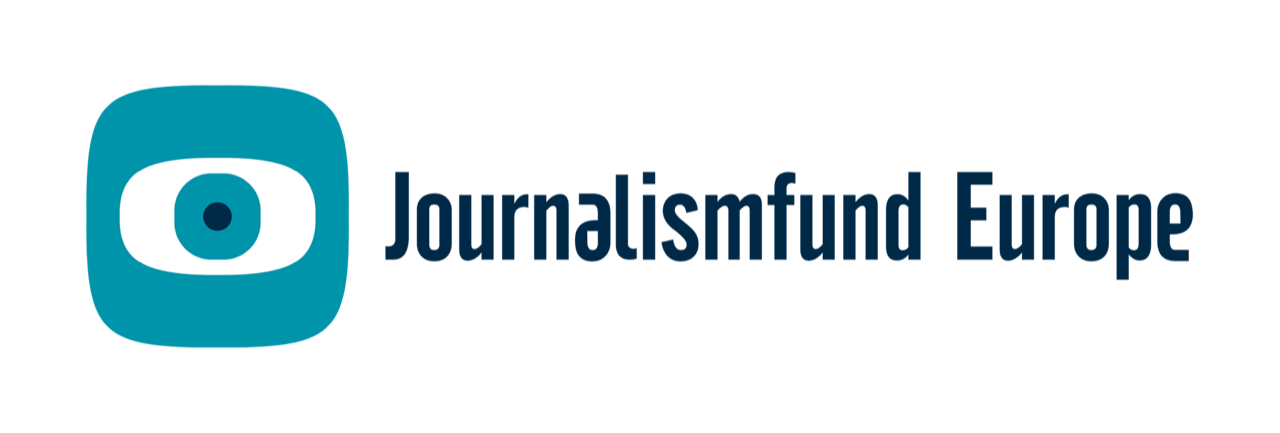Safe Investigative Reporting workshops
Journalists and media workers have always been considered “high risk” workers because of the nature of their work. Investigative reporters are especially at risk as they face omnipresent risks to their safety working in volatile environments.
The safety of journalists has become more important than ever with an increasing number of journalists facing threats, harassment and injuries in relation to their daily work. These hazards can often be mitigated by journalists directly through developing robust risk assessments.
With this in mind, the European Federation of Journalists (EFJ) offers one Online safety course for up to 15 investigative journalists and media staffers with the aim to enhance their personal capacities, improve their operational safety and provide practical tools to mitigate the risks faced on assignment. The course entitled “Safe Investigative Reporting” will focus on developing risk assessments awareness so it becomes part of your stories and is mainstreamed throughout your assignments.
After the course, you will be able to carry Risk assessment for any kind of investigative stories and journalistic production.
The course will be hosted online by Thomson Foundation and include the following modules:
|
WEEK 1 |
WEEK 2 |
WEEK 3 |
WEEK 4 |
|
Course Introduction |
Methods of Monitoring and Assessing Risk |
Communications Planning |
Risk Assessment Plan – Practical Exercise |
|
Risk Assessment platform |
Risk Matrix |
Contingency Planning |
|
|
Defining risk |
Components of a Risk assessment |
Best practices for filling risk assessments |
Course materials will be provided through the Online platform including video materials, a safety handbook and training aide (checklists and templates).
The course will last for a consecutive 4-week period with a three-hour live session each week. The total time effort for this course is estimated at 30 hours. The online sessions shall develop your knowledge and skills and address any questions you may have on the course content. These are designed to be interactive. Real case studies shall illustrate every module of the course and shall be discussed in details including measures to minimize risks.
Additional online support and coaching will be provided in between live sessions. Participants can gain access to tailor-made video tutoring and a safety handbook with safety tips and advice.
LANGUAGE
The course and materials will be in English only.
WHO SHOULD APPLY?
The course is open to all team members who are involved in producing stories as part of the Local Cross Border journalism Project. This includes journalists, reporters, cameraman, photographers and media crews are also welcomed to apply collectively to take part in the course.
He/she needs to demonstrate a real commitment and certain level of knowledge on safety and risk assessment. He/She will have to speak good English.
CONDITIONS
The course is free of charge and offered to the grantees. Participants must be from EU and candidate countries. They are required to attend all the courses in order to receive the certificate of completion. A limited number of spaces for the live sections is available. An interview shall be carried out and the selection of participants will take into account the gender balance.
APPLY NOW
Please contact Ronald Tipan at ronald.tipan@journalismfund.eu
Location
OnlineWhen
June 2023 (exact dates to be determined with the participants)Trainers
David Bevan, Operations Director of Cadre Consultants
David Bevan is the Operations Director of Cadre Consultants, a media-specific risk consultancy company. He has spent 30 years managing risk and safety issues in hazardous environments with 18 years dedicated specifically to media field safety. Over this time, he has worked for various international media organisations (i.e. CNN, The Guardian, Al Jazeera, Deutsche Welle, etc.) and freelance federations having worked in both conflict and non-conflict environments. He has also trained 6,000 freelance and staff journalists in safety and risk management protocol. He is the author of three media safety booklets written in the last seven years.



